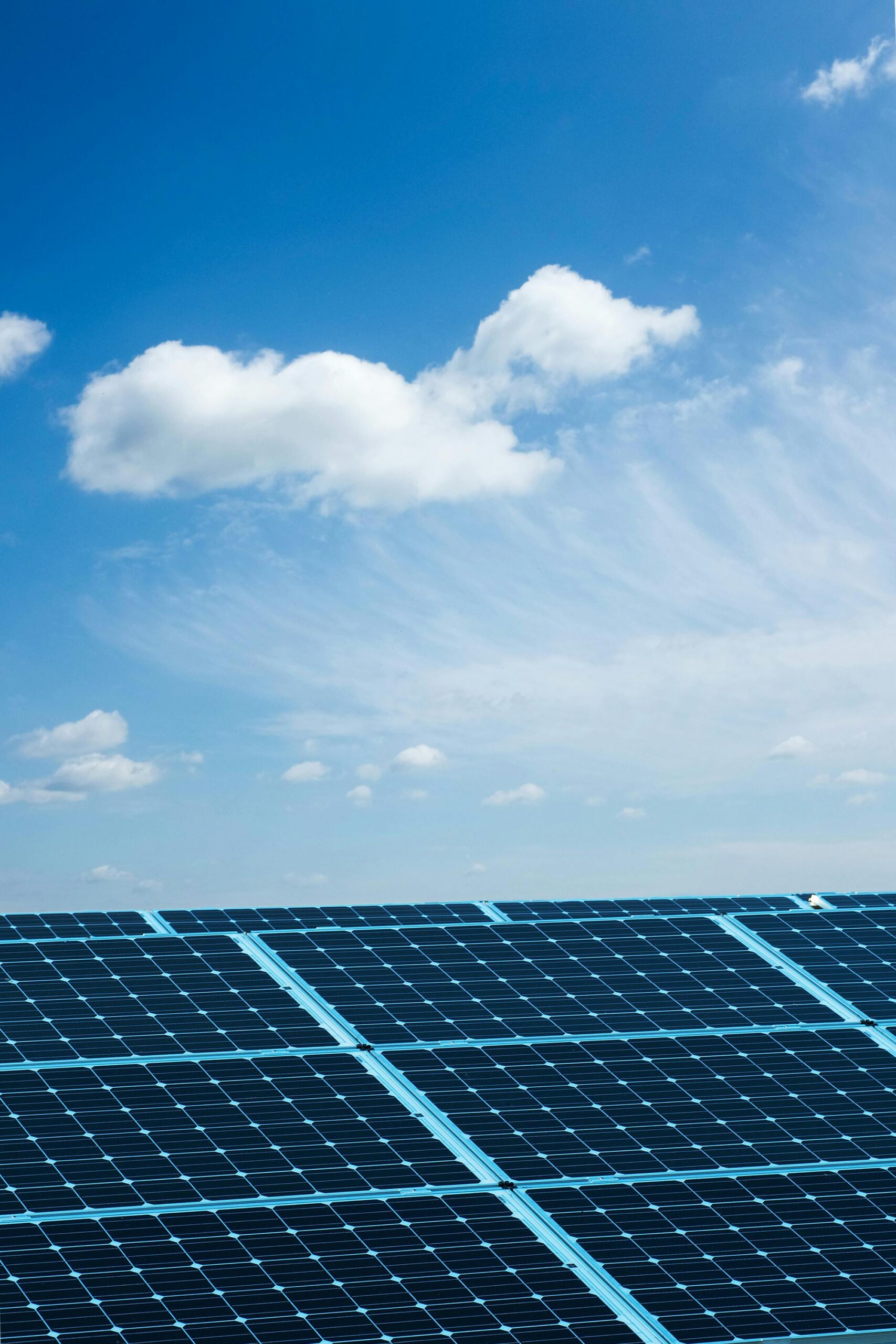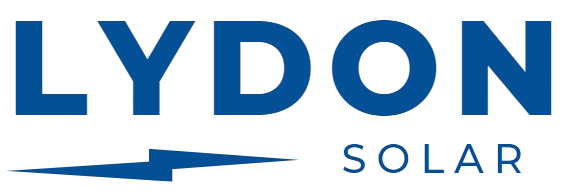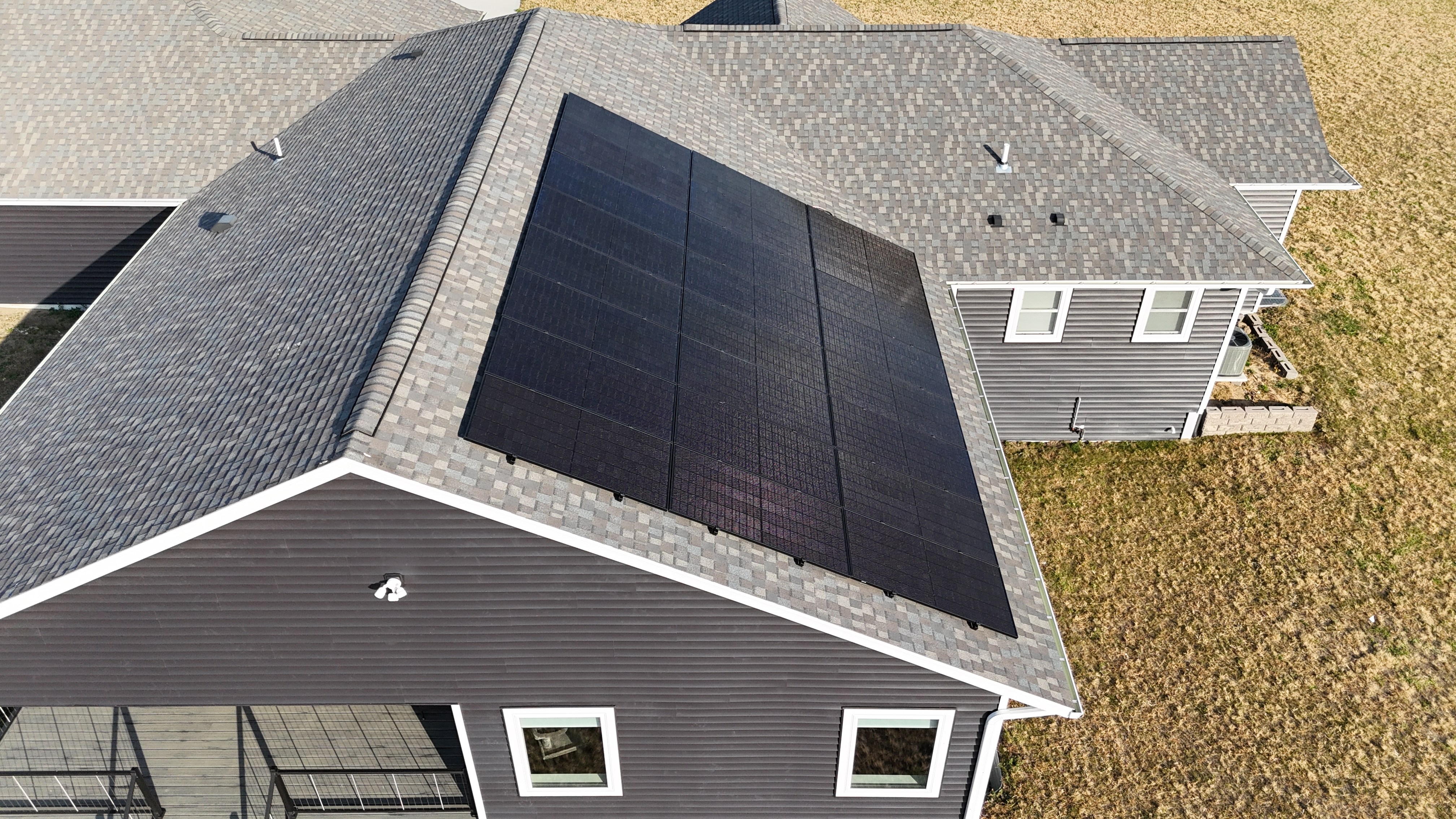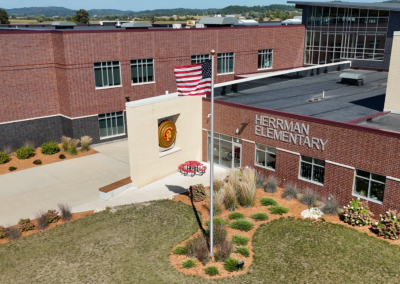Faqs
LYDON SOLAR
Frequently
Asked Questions
Explore our Solar FAQ Section for answers to the most common questions about solar power. From costs and installation to maintenance and incentives, we provide clear, concise information to help you make informed decisions. At Lydon Solar, we’re here to simplify your journey to clean energy.
Q. How do solar panels work?
Solar panels convert sunlight into electricity using photovoltaic (PV) cells. When sunlight hits the cells, it excites electrons, generating direct current (DC) electricity. This electricity is then converted to alternating current (AC) by an inverter, making it usable for homes and businesses.
Q. Are solar panels a good investment?
Yes, solar panels are a fantastic investment for both homeowners and businesses. They reduce energy bills, provide a high ROI, increase property value, protect against rising energy costs, and offer significant tax credits and incentives. Additionally, they contribute to sustainability by reducing your carbon footprint.
Q. How much does a solar power system cost?
Costs vary based on system size, components, installation, and location. On average, residential systems range from $10,000 to $30,000 before incentives. Incentives like tax credits, grants, and rebates can significantly reduce costs.
Q. What incentives are available for solar installations?
In the U.S., the federal solar tax credit (ITC) offers 30% off project costs in the form of a tax credit, and it applies to homeowners, businesses, and nonprofits. Businesses also qualify for depreciation of 85% of project costs. Many states have additional grants, rebates, and incentives, such as Solar for Good or Solar on Schools grants.
Q. How long does solar take to pay for itself?
The payback period for solar systems typically ranges from 4 to 10 years, depending on system size, energy costs, and available incentives. After that, your energy savings are essentially profit for the remaining lifespan of the system. With the help of grants, businesses and nonprofits can see immediate paybacks.
Q. Will installing solar increase my property value?
Yes, solar installations typically increase property value. Homes with solar systems are more attractive to buyers, and studies show they often sell faster and for more money.
Q. Are there additional savings for businesses with solar?
Absolutely. Businesses benefit from reduced operating costs, access to commercial solar incentives, and the ability to take advantage of accelerated depreciation, such as the Modified Accelerated Cost Recovery System (MACRS).
Q. How do I know if my property is a good fit for solar?
Ideal solar properties have sufficient unshaded roof or ground space facing south, east, or west. If you’re not sure, we’ll come out and take a look for free!
Q. Can I install solar panels if my roof is old?
If your roof needs repairs or replacement, it’s best to address that before installing solar panels. A solar professional can assess your roof’s condition and advise accordingly.
Q. How long does it take to install solar panels?
From design to installation, the process typically takes 1-3 months. The actual installation usually takes 2-5 days, depending on system size and complexity.
Q. Can I install solar on commercial properties or businesses?
Absolutely. Solar is an excellent option for businesses to lower operating costs, reduce their carbon footprint, and take advantage of commercial solar incentives. Lydon Solar specializes in designing systems for both residential and commercial needs.
Q. How long do solar panels last?
Most solar panels have a lifespan of 25-30 years, with performance warranties ensuring at least 80% efficiency by year 25. High-quality panels, like VSUN panels, often outperform these benchmarks.
Q. What are the environmental benefits of solar energy?
Solar energy is a clean, renewable power source that reduces greenhouse gas emissions and dependence on fossil fuels. A typical residential solar system can offset several tons of carbon dioxide annually.
Q.Can solar panels power my entire home or business?
Yes, solar panels can provide enough power to meet all your energy needs, depending on your system size and energy consumption. A properly designed system considers your energy usage, roof space, and sunlight availability.
Q. What happens when it’s cloudy or at night?
Solar panels generate less electricity during cloudy weather and none at night. However, battery storage systems or grid connection ensure you still have power when solar production is low.
Q. Do solar panels work during a power outage?
Without a battery system, solar panels typically shut down during grid outages to protect utility workers. With a battery, you can store energy for use during outages.
Q. How much maintenance do solar panels need?
Solar panels require minimal maintenance. Regular cleaning and occasional inspections ensure optimal performance. Lydon Solar offers solar monitoring and maintenance plans, including panel cleaning services.
Q. What warranties come with solar systems?
Solar panels usually come with 25-year performance warranties. Inverters and batteries often have warranties ranging from 5-15 years. Lydon Solar ensures all components meet high-quality standards and includes installation warranties.



